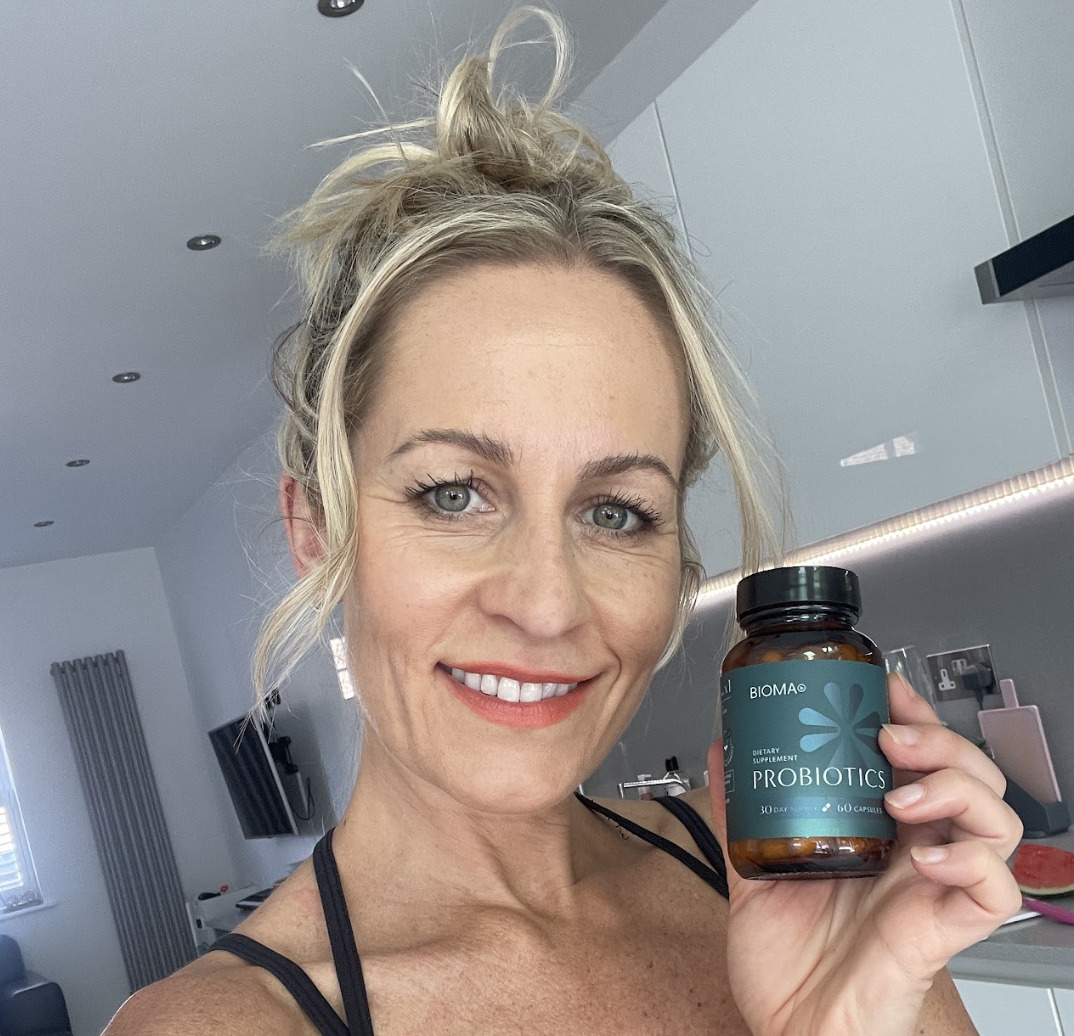How to Recover Post Marathon: A Step-by-Step Guide for Runners
You’ve just crossed the finish line of your marathon, feeling on top of the world. But while your sense of accomplishment is fresh, your body is now in need of some serious TLC. The real challenge begins after the race, and your recovery can play a huge role in determining how quickly you’ll bounce back to training.
Recovery isn’t just about resting; it’s a strategic process that involves hydration, nutrition, movement, and rest. Let’s break down what you need to do from the moment you cross the finish line, to help your body recover faster and more efficiently.

Why Recovery is Critical After a Marathon
You’ve trained for months, but after running 26.2 miles, your body has been through a lot. Recovery is critical not just for feeling good, but for healing, preventing injuries, and improving performance in your next race.
- Energy and Glycogen Depletion: Your body’s energy stores are depleted during the race, which means you need to refuel as soon as possible to start the recovery process.
- Inflammation and Muscle Damage: The muscles you’ve worked hard during the marathon are in need of rest and repair. DOMS (delayed onset muscle soreness) will likely kick in.
- Dehydration: After running for hours, your body is likely dehydrated, which can delay recovery if not addressed promptly.
- Hormonal Disruption: Running a marathon can cause hormonal fluctuations, affecting everything from your mood to your energy levels.
Immediate Recovery: From the Finish Line to 24 Hours
As soon as you cross the finish line, don’t stop moving completely. Gradually lowering your heart rate and supporting your body in the early stages of recovery is crucial. Here’s what to do within the first 24 hours:
- Cool Down: Walk for 10-15 minutes. This helps bring your heart rate down gradually and prevents blood from pooling in your legs.
- Stretch Gently: While static stretching might feel great, avoid aggressive stretches immediately after the race. Gentle dynamic stretches are better at this stage.
- Change Clothes: Immediately change into dry clothes and comfortable shoes. Wet, sweaty clothes can lead to chafing, and comfort is key.
- Rehydrate: Drink small amounts of water to rehydrate, but avoid drinking too quickly, as over-hydration can cause discomfort.
- Fuel Your Body: Within 30 minutes, eat a mix of carbs and protein. A banana with peanut butter or a protein bar is a great option to kickstart muscle repair.
- Avoid Alcohol: While you may be tempted to celebrate with a drink, alcohol can dehydrate you further and slow recovery.

First 2-3 Days Post-Marathon
In the first few days following the race, focus on rest, gentle movement, and proper nutrition.
- Rest and Recover: Take at least two full days of rest. Don’t rush back into intense training. Focus on light, non-weight bearing activities like walking or swimming.
- Massage and Foam Rolling: Light massage can help relieve soreness, and foam rolling can alleviate tight muscles. Be gentle with yourself, and avoid heavy pressure.
- Compression Gear: Wearing compression socks or tights helps reduce swelling and promotes circulation, aiding recovery.
- Anti-Inflammatory Foods: Include foods like turmeric, ginger, and berries that have anti-inflammatory properties to help speed up recovery.

Active Recovery and Nutrition: Days 4-7 Post-Marathon
Now that the soreness is starting to subside, it’s time to move to more active recovery. You can start adding light workouts back into your routine, but make sure to listen to your body.
- Gentle Movement: Continue with easy activities like walking, yoga, or cycling. Focus on maintaining circulation without stressing your muscles.
- Nutrition: Continue to focus on protein to repair muscle tissue and carbohydrates to replenish glycogen. You can also consider Bioma Gut Health Probiotics to support your digestion, reduce inflammation, and help with recovery. Probiotics help to replenish good gut bacteria and support overall immune function, which is especially important after intense physical stress.
- Sleep: Your body heals during sleep, so make sure to prioritize 7-9 hours of rest each night to allow muscles to rebuild and inflammation to subside.

Long-Term Recovery: Weeks 2-8 Post-Marathon
As your muscles begin to fully recover, focus on rebuilding strength, flexibility, and endurance. During this phase, you should be able to return to running, but remember to start slow and build up gradually.
- Strength Training: Add light strength training to prevent injury when you return to running. Core, glutes, and legs are key areas to focus on.
- Gradual Return to Running: When you feel ready, start running short distances at an easy pace. Pay attention to how your body feels and don’t push too hard.
- Nutrition and Hydration: Continue to eat well-balanced meals and hydrate adequately. Make sure to get plenty of vitamins and minerals to aid in muscle recovery, and continue to monitor your hydration status by checking urine color.
Conclusion: Recovery is Key to Your Next Race
Proper post-marathon recovery is essential not just to ease soreness but to enhance future performance. From refueling and rehydrating to gentle movement and rest, every step plays an important role in healing your body and rebuilding strength. Incorporating Bioma Gut Health Probiotics into your recovery routine can also support your immune system and gut health, helping you stay on track.
Take your time with recovery, listen to your body, and soon enough, you’ll be back to running stronger and more prepared for your next challenge.
Sources:
- “Recovery Strategies After Marathon Running: A Review.” Sports Medicine.
- “Role of Probiotics in Athlete’s Health: Potential Benefits and Applications.” Journal of Sports Medicine.
Related articles






